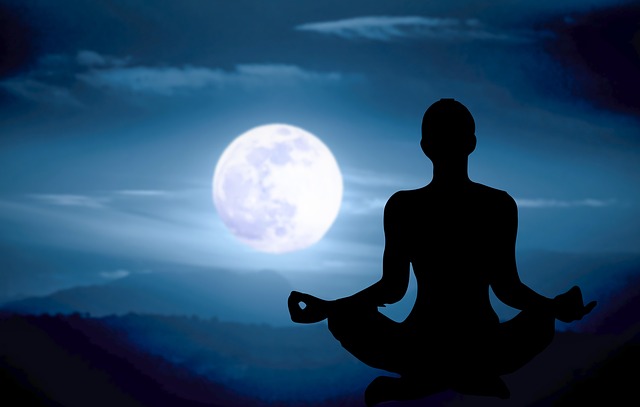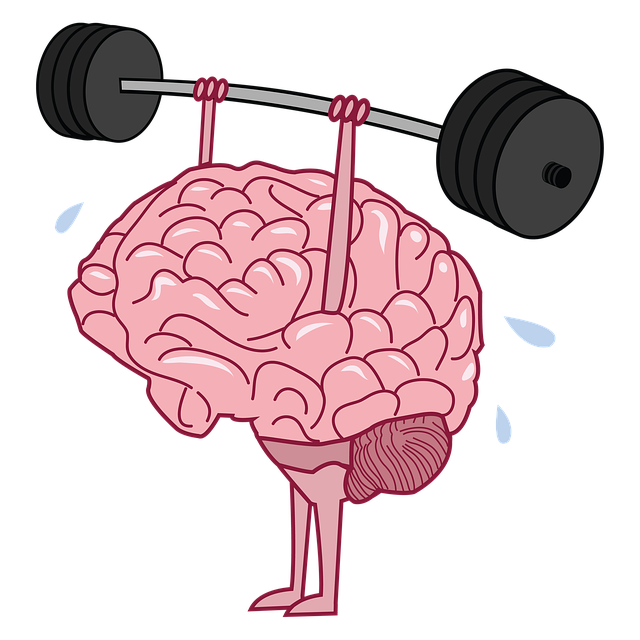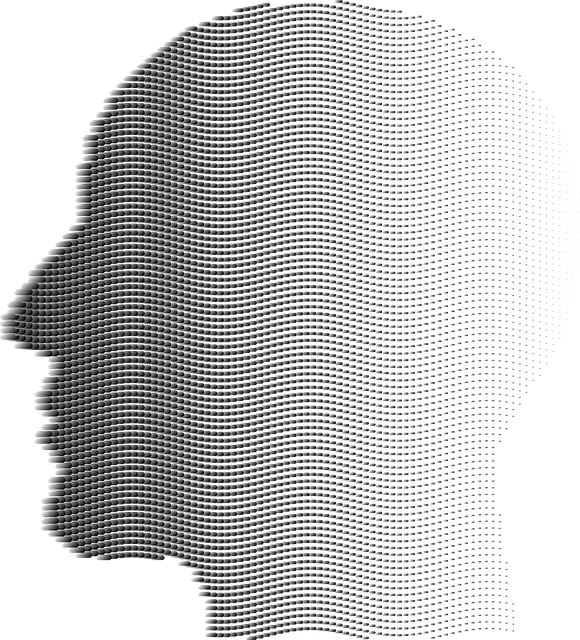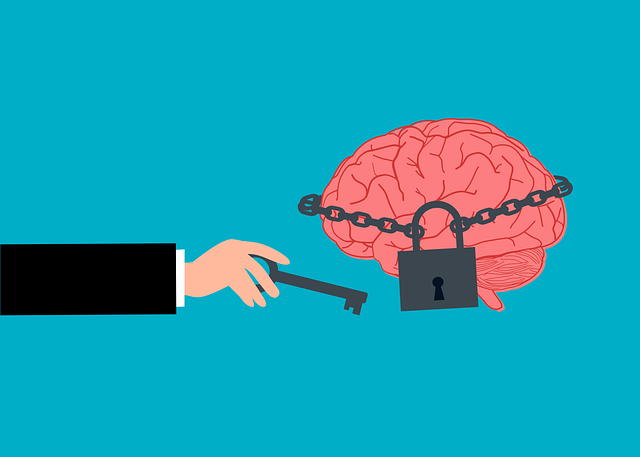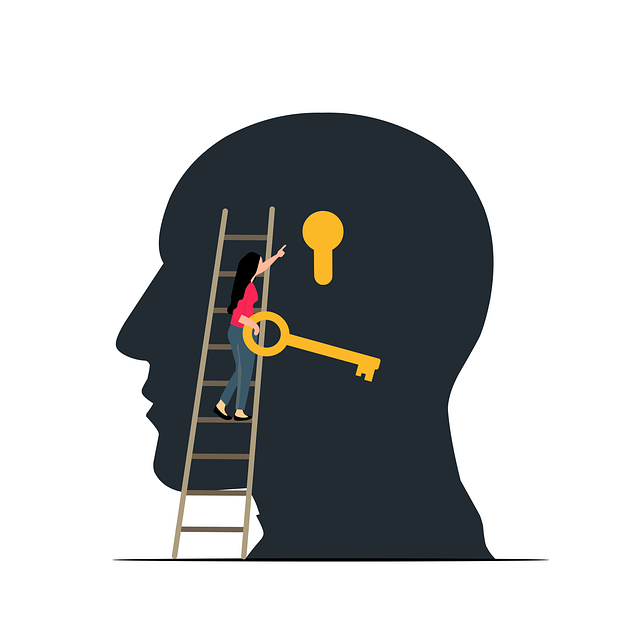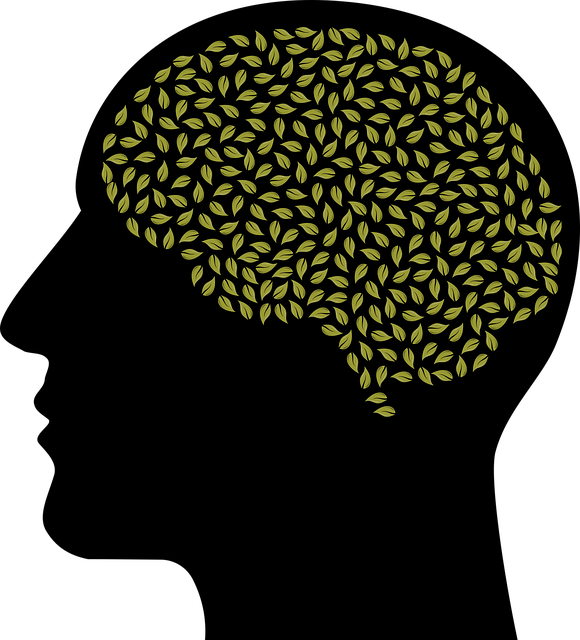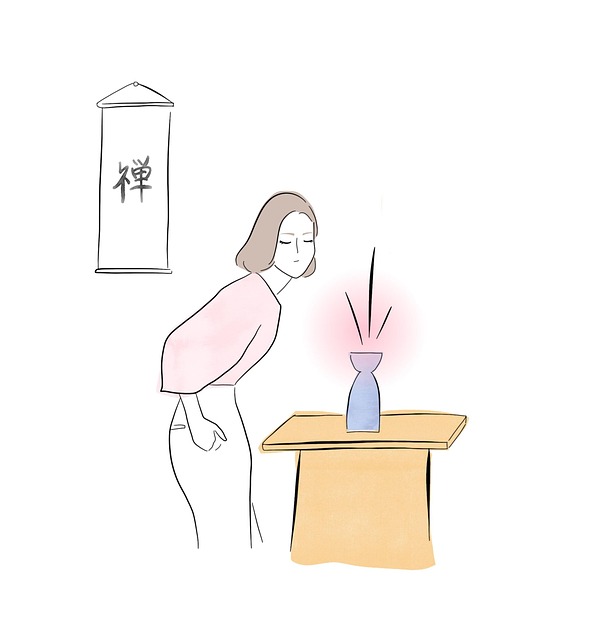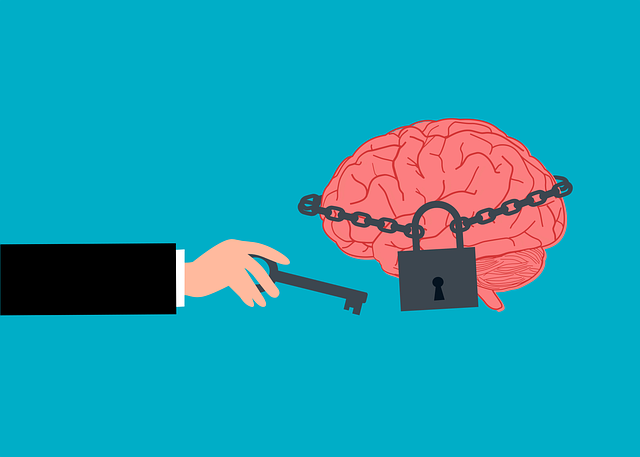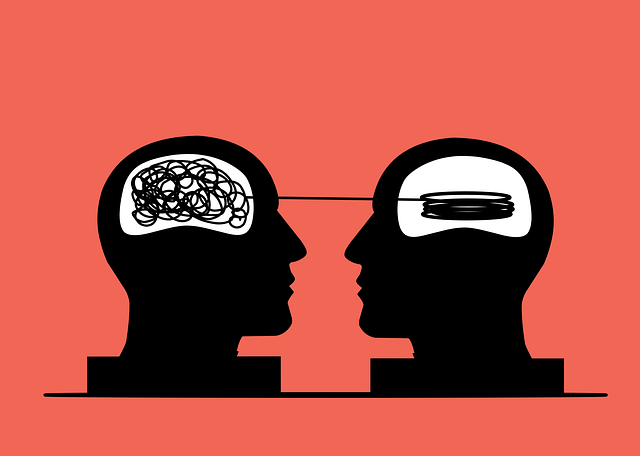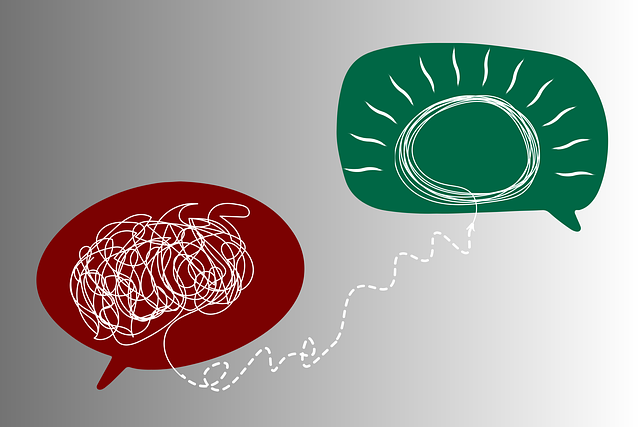Anxiety, fueled by stress, threats, or PPD, disrupts life but is manageable with evidence-based techniques like CBT and mindfulness offered by Boulder Postpartum Depression Therapy. This specialized support addresses anxiety in new mothers, integrating mood management and confidence-building strategies. A holistic approach combining lifestyle changes, coaching, and journaling enhances mental wellness alongside traditional therapy, empowering individuals to proactively manage anxiety and improve long-term postpartum mental health outcomes.
Anxiety is a complex emotion that can significantly impact daily life, and for some, it manifests as postpartum depression. This article explores various anxiety management techniques tailored to the unique challenges of new parents, specifically focusing on Boulder postpartum depression therapy. We delve into understanding anxiety, its effects, and offer therapeutic approaches, lifestyle changes, and resilience-building strategies for long-term relief. Discover practical methods to navigate and overcome anxiety, fostering a calmer and more resilient mindset.
- Understanding Anxiety: Unraveling the Complex Emotion
- The Impact of Postpartum Depression on Anxiety
- Therapeutic Approaches for Effective Anxiety Management
- Lifestyle Changes: A Holistic Approach to Calming Anxiety
- Building Resilience: Strategies for Long-Term Anxiety Reduction
Understanding Anxiety: Unraveling the Complex Emotion

Anxiety is a complex emotion that manifests as a natural response to stress and perceived threats, but when it becomes overwhelming or persistent, it can significantly impact daily life. Many individuals in Boulder struggling with anxiety often face unique challenges, especially new parents navigating postpartum depression therapy. This intricate emotional state can be influenced by genetic predispositions, environmental factors, and traumatic experiences, making it a multifaceted issue to understand and manage effectively.
Recognizing the signs and symptoms of anxiety is crucial in seeking appropriate help. Common physical manifestations include increased heart rate, rapid breathing, muscle tension, and insomnia. Emotionally, individuals might experience excessive worry, fear, or restlessness. The good news is that various evidence-based techniques can help manage anxiety, such as cognitive-behavioral therapy (CBT), mindfulness practices, and self-care routines. Engaging with a supportive community, like those offered by Stress Management Workshops Organization, can also provide valuable tools and peer connections for effective stress reduction methods.
The Impact of Postpartum Depression on Anxiety

Postpartum depression (PPD) is a significant mental health concern that often co-occurs with anxiety disorders. The transition into motherhood can be an exciting yet challenging period, and for some women, it triggers or exacerbates anxiety symptoms. Research indicates that up to 30% of new mothers experience PPD, which can manifest as persistent feelings of sadness, fear, and overwhelming worry. This condition often goes undiagnosed due to the blurring lines between normal postpartum emotions and clinical depression.
Boulder Postpartum Depression Therapy focuses on addressing these co-occurring disorders by offering specialized support tailored to new mothers’ unique needs. Through evidence-based practices, therapists help individuals manage their anxiety and alleviate depressive symptoms. Mood management techniques, confidence-boosting strategies, and personalized therapy plans are employed to enhance mental well-being during this critical period. By integrating PPD treatment into broader mental health policy analysis and advocacy, communities can ensure better access to resources for affected mothers, ultimately improving their long-term mental health outcomes.
Therapeutic Approaches for Effective Anxiety Management

Anxiety management is a multifaceted approach, often combining various therapeutic techniques to offer effective solutions. One proven method is Boulder Postpartum Depression Therapy, which caters specifically to new mothers experiencing anxiety and depression. This form of therapy provides a safe space for individuals to process their emotions, understand triggers, and develop coping strategies tailored to their unique needs. By integrating evidence-based practices such as cognitive-behavioral therapy (CBT), mindfulness techniques, and support groups, therapists enable clients to improve mental wellness and cultivate resilience against anxiety disorders.
Additionally, the focus on mood management is crucial within these therapeutic frameworks. Through personalized interventions, individuals can learn to identify and modify negative thought patterns, thereby reducing symptoms of anxiety and enhancing overall well-being. Depression prevention strategies are also integral, aiming to equip clients with tools to maintain a positive mindset and navigate life’s challenges without resorting to unhealthy coping mechanisms.
Lifestyle Changes: A Holistic Approach to Calming Anxiety

In addressing anxiety management, adopting a holistic approach through lifestyle changes can be immensely beneficial. This involves a multifaceted strategy that goes beyond traditional therapy, such as Boulder Postpartum Depression Therapy. Incorporating compassion cultivation practices into daily routines cultivates empathy and self-acceptance, which are powerful tools in managing anxious thoughts. Additionally, engaging in regular physical activity, maintaining a balanced diet, and prioritizing adequate sleep can significantly reduce anxiety levels. These lifestyle adjustments not only enhance overall mental wellness but also serve as foundational components for more targeted therapeutic interventions.
Complementing these practices with mental wellness coaching programs and journaling exercises offers structured guidance. Mental wellness coaching provides personalized strategies to navigate anxious moments, while journaling allows individuals to reflect on their feelings and track progress over time. These activities foster self-awareness and empower individuals to take proactive steps towards a calmer, more resilient mindset. By combining holistic lifestyle changes with targeted mental wellness practices, individuals can embark on a journey of comprehensive anxiety management tailored to their unique needs.
Building Resilience: Strategies for Long-Term Anxiety Reduction

Building resilience is a powerful strategy for long-term anxiety reduction, and it’s an approach that can be particularly beneficial for individuals navigating postpartum depression in Boulder. This process involves cultivating mental fortitude to cope with stress and adversity. By implementing effective risk management planning for mental health professionals, one can proactively address anxiety triggers. It’s about recognizing potential stressors and developing healthy coping mechanisms to navigate them.
Mind over matter principles play a significant role here. Through mindfulness meditation, individuals learn to observe their thoughts and emotions without judgment. This practice allows for better understanding of anxious responses and enables one to gradually reframe negative thought patterns. By integrating these mind-body connection techniques, the focus shifts from managing symptoms to fostering overall mental well-being. This holistic approach, combined with professional support, can be a game-changer in the journey towards anxiety relief and improved postpartum mental health.
Anxiety management is a multifaceted journey, especially for new mothers navigating postpartum depression. By understanding anxiety’s complexities and adopting therapeutic approaches alongside lifestyle changes, individuals can foster resilience and find lasting calm. For those in Boulder seeking support, postpartum depression therapy offers a beacon of hope, providing the tools to manage anxiety effectively and reclaim emotional well-being. This holistic approach ensures a comprehensive strategy for long-term anxiety reduction, empowering folks to embrace life with renewed confidence and tranquility.

